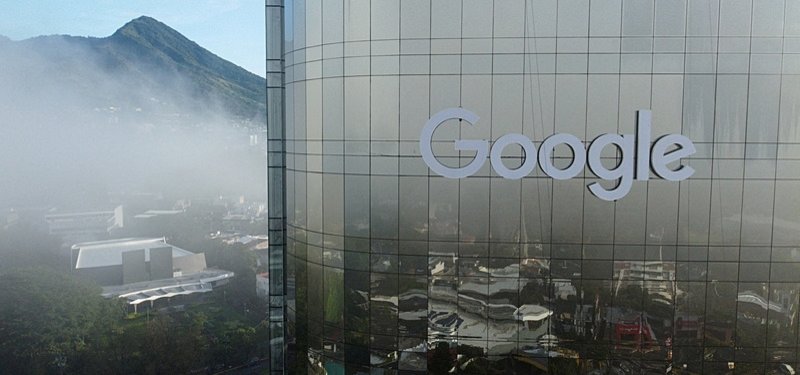
US judge rules Google violated antitrust laws with its monopoly over online searches and related ads
A federal judge ruled on Monday that Alphabet's Google violated antitrust laws with its monopoly over online searches and related ads, marking the first victory for U.S. antitrust authorities in their efforts to challenge the market dominance of Big Tech companies.
- World
- Reuters
- Published Date: 10:48 | 05 August 2024
- Modified Date: 10:51 | 05 August 2024
Alphabet's Google broke the law with its monopoly over online searches and related ads, a federal judge ruled on Monday, in the first victory for U.S. antitrust authorities who have filed a string of lawsuits to battle market domination by a handful of Big Tech companies.
A US judge handed Google a major legal blow, ruling in a closely-watched anti-trust case that it has a monopoly with its dominant search engine.
"After having carefully considered and weighed the witness testimony and evidence, the court reaches the following conclusion: Google is a monopolist, and it has acted as one to maintain its monopoly," US District Court Judge Amit Mehta wrote in his ruling.
The decision is a significant win for the Justice Department, which had sued the search engine giant over its control of about 90 per cent of the online search market, and 95 percent on smartphones. U.S. District Judge Amit Mehta noted that Google had paid $26.3 billion in 2021 alone to ensure that its search engine is the default on smartphones and browsers, and to keep its dominant market share.
"The court reaches the following conclusion: Google is a monopolist, and it has acted as one to maintain its monopoly," Mehta wrote.
Mehta's ruling against Alphabet's major revenue driver paves the way for a second trial to determine potential fixes, such as requiring the company to stop paying smartphone makers billions of dollars annually to set Google as the default search engine on new phones.
"The default is extremely valuable real estate... Even if a new entrant were positioned from a quality standpoint to bid for the default when an agreement expires, such a firm could compete only if it were prepared to pay partners upwards of billions of dollars in revenue share and make them whole for any revenue shortfalls resulting from the change," Mehta wrote.
He noted "Google, of course, recognizes that losing defaults would dramatically impact its bottom line. For instance, Google has projected that losing the Safari default would result in a significant drop in queries and billions of dollars in lost revenues." The ruling is the first major decision in a series of cases taking on alleged monopolies in Big Tech.
In the past four years, federal antitrust regulators have also sued Meta Platforms, Amazon.com, and Apple Inc, claiming the companies have illegally maintained monopolies. Another case against Google over its advertising technology is scheduled to go to trial in September.
When it was filed in 2020, the Google search case was the first time in a generation that the U.S. government accused a major corporation of an illegal monopoly. Microsoft settled with the Justice Department in 2004 over claims that it forced its Internet Explorer web browser on Windows users.
- US Supreme Court declines to halt Trump's sentencing in hush money case
- US says it is sending messages to Iran that escalating hostilities is not in Tehran's interest
- Israeli, US militaries discuss response to ‘threats in Middle East’ amid fears of Iranian attack
- US wants Bangladesh interim government formation to be democratic, inclusive

